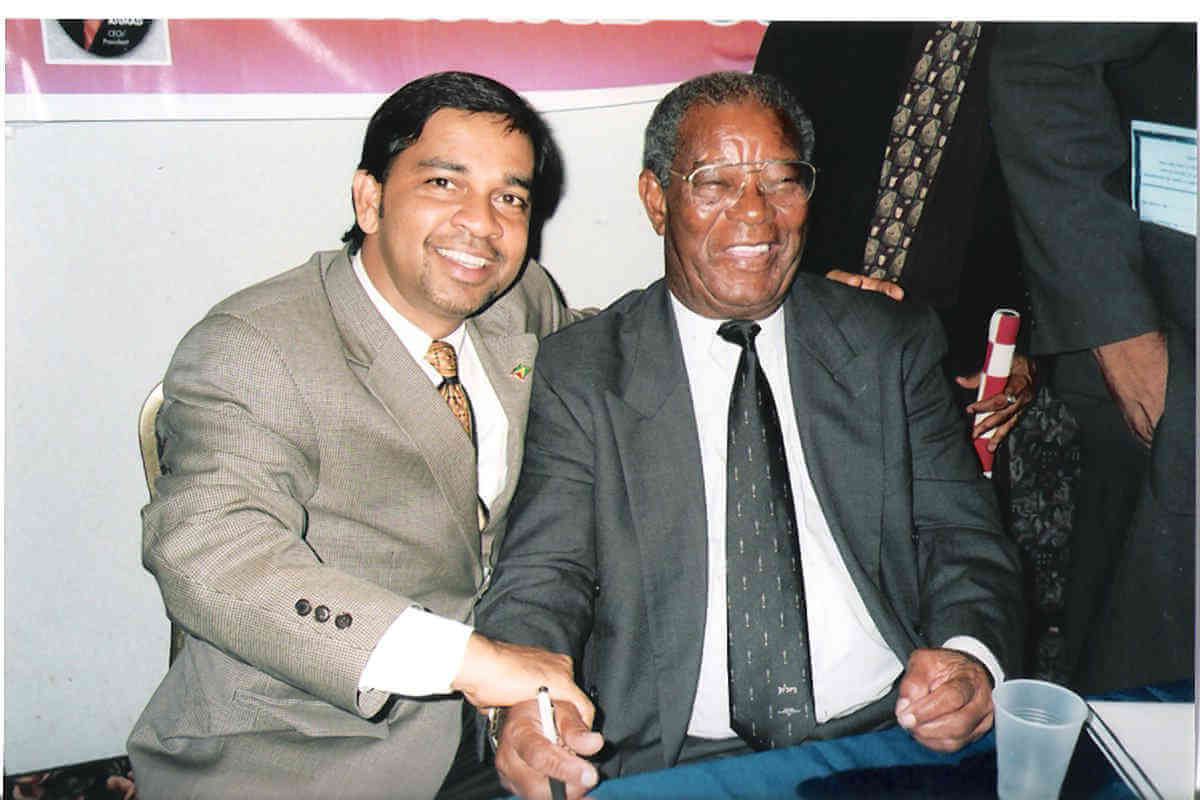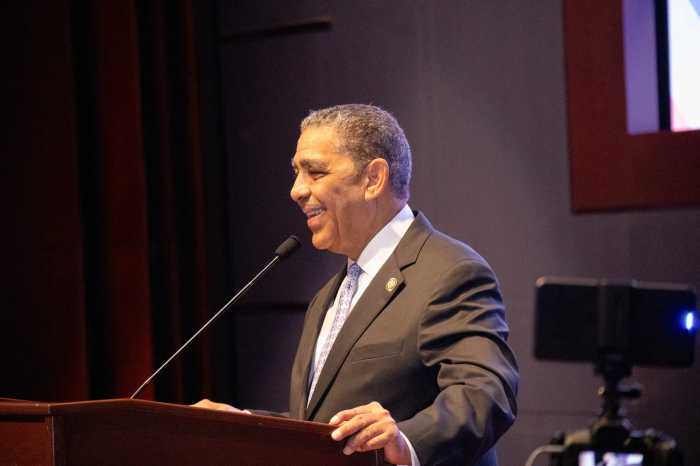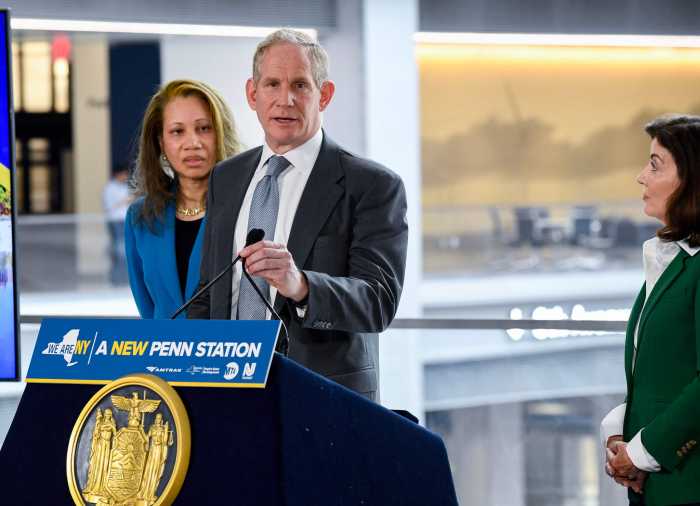Don’t get me wrong. I am happy and proud that West Indian Shai Hope has been honored as one of Wisden’s five Cricketers-of-the-Year, and I hope he grows from strength to strength (pardon the pun). Like he said, it as “humbling and was a bit of a shock when I got the news and obviously a huge privilege being named among the five.”
Many are pleasantly shocked too. Hope was selected on the basis of one test-his outstanding performance at Leeds, when he became the first batsman in 127 years of first class cricket at Headingley to score a century in both innings.
He made 147 in the first innings and an unbeaten 118 in the second, as West Indies chased down 322 to win by five wickets and level the three-match series 1-1.
It was a memorable effort, and one that deserves a place in the history books. But to be named as a Wisden Five? Indeed, prior to the achievement, Hope had only managed a single half-century in 21 previous innings, at an average of 18. His career average is only 33 from 17 Tests and his selection confirms the paucity of talent and class in the present West Indies batting lineup.
Unfortunately, gone are the days when Headley, Worrell, Weekes, Walcott, Sobers, Kanhai, Lloyd, Butcher, Richards, Rowe, Kallicharran, Fredericks, Richardson, Greenidge, Haynes, Lara, Gayle, Chanderpaul, Sarwan, Hooper and company dominated bowlers all around the world in the hundreds of innings they played. Perhaps selecting Hope was belated largesse for Wisden ignoring many of these Caribbean giants in their heyday, or being too slow to recognize their achievements.
Not only may this premature award lull this young, talented batsman into complacency to the West Indies’ detriment, but, by its logic and precedent, Wisden, cricket’s Bible, stunned us all. If Hope’s lone performance was enough to catapult him to Wisden acclamation, then Lawrence Rowe’s 214 and 100* in his first test against New Zealand in 1972 should have spontaneously earned him similar recognition also. Alvin Kallicharran, who scored centuries in his first two test innings in the same series should have been awarded also, and not have to wait until the twilight of his career in 1983 to be thus awarded.
Likewise, Mohammad Azharuddin, who stands alone in making three test hundreds in his first three test matches, should have been thus awarded also, as should batting titans like Kanhai, Sobers, Lara and others who accomplished Hope’s feat years before-often referred to in cricket jargon as becoming an immortal. Some have actually performed this feat more than once, notably Headley (at Lord’s and Bourda, for good measure), and Walcott for West Indians.
And how should Wisden recognize Sir Everton Weekes, who scored five consecutive test centuries in as many innings — 141, 128, 194, 162 and 101 back to back, and was then run out for 90 in the sixth? And what do they say about Sir Clyde Walcott, who made centuries in consecutive innings twice in a series, against the mighty Australian side in 1955, becoming the first batsman to score five centuries in a single Test series, and totaling 827 runs from 10 innings before being belatedly honored by Wisden until 1958? Indeed, in the 1951 Wisden edition, which chose Sir Frank Worrell and Sir Everton Weekes, the Editor strangely remarked in his preface: “My only regret was that room could not be found for C. L. Walcott.” That sounds like a quota system, considering Adam Lyth, Gary Ballance, both Englishmen, and Jeetan Patel of New Zealand, relatively unknown in comparison, were selected.
The irony increases when one considers that Ronnie Sarwan, and Lawrence Rowe, who made seven test hundreds in 30 tests at an average of 43.55, and is one of the select batsmen to score over 300 runs in a test innings (302 vs England in 1974), never made the Wisden list. It waxes more inexplicable with Chris Gayle’s omission. Even if his incomparable limited overs exploits are somehow omitted, the “Universe Boss” is one of only four players who have scored two triple centuries at Test level in the history of the game: 317 against South Africa in 2005, and 333 against Sri Lanka in 2010. Surely, this is a feat worthy of Wisden recognition?
Bat on, Shai Hope, you have a long way to go, and a point to prove. You said you want to break Brian Lara’s 400*, the highest individual test score in a single innings. Your 32 test innings thus far have yielded an aggregate of 996 runs. Do the math, Shai.
NB: Albert Baldeo is a civil rights activist and community advocate. After years of advocacy, he got the MTA to install a subway elevator at the Lefferts station in Richmond Hill / Ozone Park. As the president of the Baldeo Foundation and Liberty Justice Center, he has continued the fight for justice, equal rights, dignity and inclusion for all. He can be contacted at the Baldeo Foundation: AlBal























